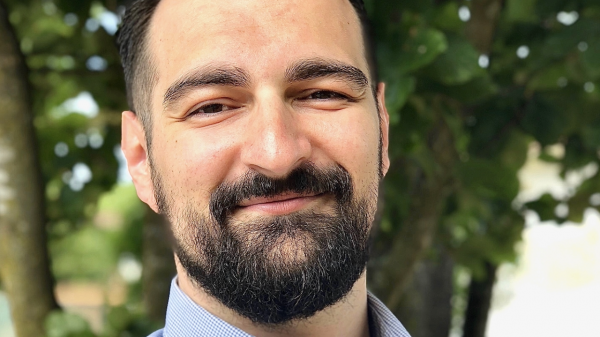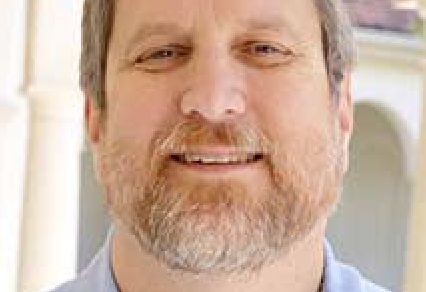
Seeking Just Futures: On Relational Models for Language Learning and Culture Studies
Assistant Professor of German Studies, University of British Columbia
Injuries sustained by historical injustice cannot be undone. Tending to restitution and reparation might offer temporary solutions. But, as Stefano Harney and Fred Moten note, aiming for better life under injurious systems is an inadequate aim. For many who suffer historic injuries there is no salvation in the current system. What is necessary is the destruction of this system in order to make room for better relations among peoples and their environment. In higher education, the premise of individuation—that is to say, the process of individual distinction, empowerment, and improvement to serve the global capitalist system—has stifled such systemic change. “Improved” individuation through diversification models has been imagined as the solution to systemic issues. What individuation has instead effected is a strengthening of injurious systems and has thereby secured unjust futures for the most vulnerable among us. This talk will take Harney and Moten’s insights as point of departure and will interrogate the individuation machine at the core of language learning and culture studies advocacy models and curricula in North America. It will ask what capacities for learning, teaching, living, campus, and community experiences can be envisioned for language and culture studies when we step away from individuation as praxis in our work. It will articulate how relational models for language and culture studies that center the deep inequalities produced by injurious systems can pave the path to just futures.
Bio
Ervin Malakaj is Assistant Professor of German Studies and affiliate faculty in the Institute for European Studies at the University of British Columbia. Next to articles and chapters on womanist filmmaking, queer German cinema, and German literature, he has co-edited Diversity and Decolonization in German Studies (2020) and Market Strategies and German Literature in the Long Nineteenth Century (2020). In 2016, he co-founded the international scholarly collective, “Diversity, Decolonization, and the German Curriculum.”

Foreignness and Decolonization: On Teaching World Languages for Social Justice
Professor of Education, University of South Florida
Central to the process of decolonization is the principle of self-determination. Within world language classes in the United States, however, the concept of foreignness for U.S. students is shaped and reinforced in ways that position the other as "foreign" to the United States. The nexus between the process of decolonization and the educational influence of foreignness has not been satisfactorily examined and the presenter will explore ways in which foreignness appears in the classroom with potential implications for perspectives of self-determination.
Bio
Terry A. Osborn, PhD is a Professor of Education at the University of South Florida. Osborn served twice as Interim Chancellor and as Vice Chancellor of Academic and Student Affairs at the University of South Florida Sarasota-Manatee campus. Osborn was previously Dean of the College of Education and held administrative roles on the faculties of Fordham University, Queens College of City University of New York and the University of Connecticut.
He is an academic authority in applied linguistics and critical pedagogy. Osborn researches and publishes in the areas of foreign/world language education, interdisciplinary education, and critical pedagogy. Osborn's research has received a number of awards, including the American Educational Studies Association's Critic's Choice Award for his book, Critical Reflection and the Foreign Language Classroom. Osborn was also awarded the Stephen Freeman Award by the Northeast Conference on the Teaching of Foreign Languages for the best published article on foreign language teaching techniques.
Watch Foreignness and Decolonization: On Teaching World Languages for Social Justice